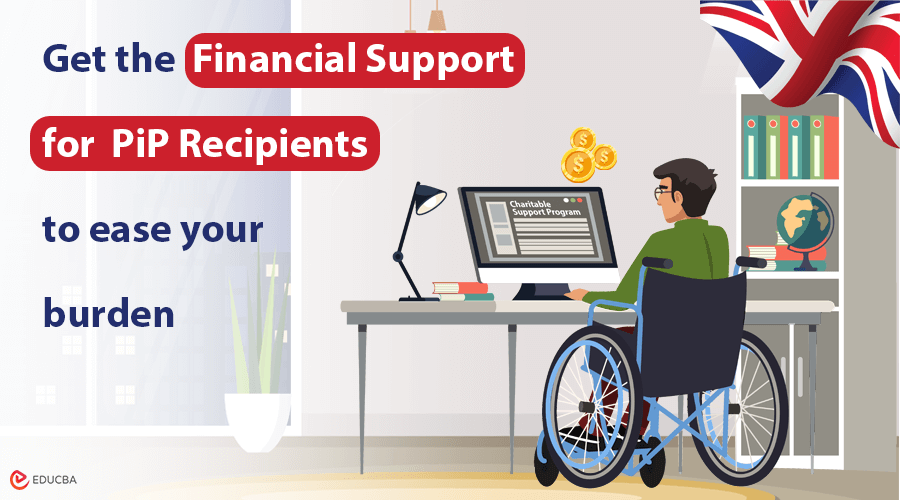
Managing Finances as a PiP Recipient
Many people in the UK face financial difficulties, and managing expenses can be challenging for Personal Independence Payment (PiP) recipients. While PiP helps cover some costs related to disabilities or long-term health conditions, it may not always be enough. Fortunately, financial support for PiP recipients is available through various options, such as loans for people on PiP, grants, and charitable aid. This article explores different options to help PiP recipients manage their finances effectively.
Understanding Personal Independence Payment (PiP)
Personal Independence Payment (PiP) is a benefit the UK government provides to help individuals with disabilities or long-term health conditions manage the extra costs associated with their needs. PiP is not means-tested and remains unaffected by income or savings. The benefit is available to individuals aged 16 to 64.
PiP consists of two components:
- Daily Living Component: Provides support for individuals with day-to-day needs.
- Mobility Component: This offers help for those with mobility-related challenges.
The payment amount depends on the level of need, making it a vital support for many. Despite this support, many recipients still struggle financially due to high living costs, medical expenses, and unexpected bills.
Challenges That Make Financial Support for PiP Recipients Essential
Even with PiP benefits, recipients often encounter financial difficulties, including:
- Rising cost of living (food, housing, and utilities).
- High medical expenses and mobility aids.
- Unexpected costs, such as home repairs or emergency travel.
To address these challenges, PiP recipients can explore loans, government schemes, and charitable assistance to bridge financial gaps.
Accessing Loans for PiP Recipients
For PiP recipients, accessing loans can be a viable solution to manage financial shortfalls. However, it is important to consider this option carefully and fully understand its implications. Loans specifically designed for PiP recipients often come with terms that consider the unique financial circumstances of individuals receiving disability benefits.
Local credit unions offer low-interest loans and are more flexible in lending criteria. These community-driven institutions frequently offer financial education and guidance to help borrowers manage their money wisely.
Government and Charitable Support
In addition to loans, PiP recipients can also access various government and charitable support programs. Local councils may offer discretionary funds or grants to help cover essential expenses. Charities such as Turn2us provide resources and guidance for individuals seeking financial assistance, ensuring they can access the support they need.
Furthermore, the UK government offers budgeting loans for those on certain benefits. These loans can help cover essential expenses like furniture, clothing, or travel. They are interest-free and repaid through deductions from future benefit payments.
Making Informed Financial Decisions
When considering financial support options, PiP recipients must make informed decisions. Understanding the terms and conditions of any loan or financial product is essential to avoid falling into debt traps. Seeking advice from financial advisors or organizations like MoneyHelper can provide valuable insights and help individuals make the best choices for their circumstances.
Final Thoughts
Finding financial support for PiP recipients can be overwhelming, but many options are available. PiP recipients can access various resources to manage financial challenges, from low-interest loans to government grants and charitable assistance. By making well-informed decisions and accessing the right support, individuals can strengthen their financial stability and overall well-being.
Recommended Articles
We hope this guide to financial support for PiP recipients helps you navigate the available benefits and assistance options. Check out these recommended articles for more insights into managing financial aid and government support programs.

